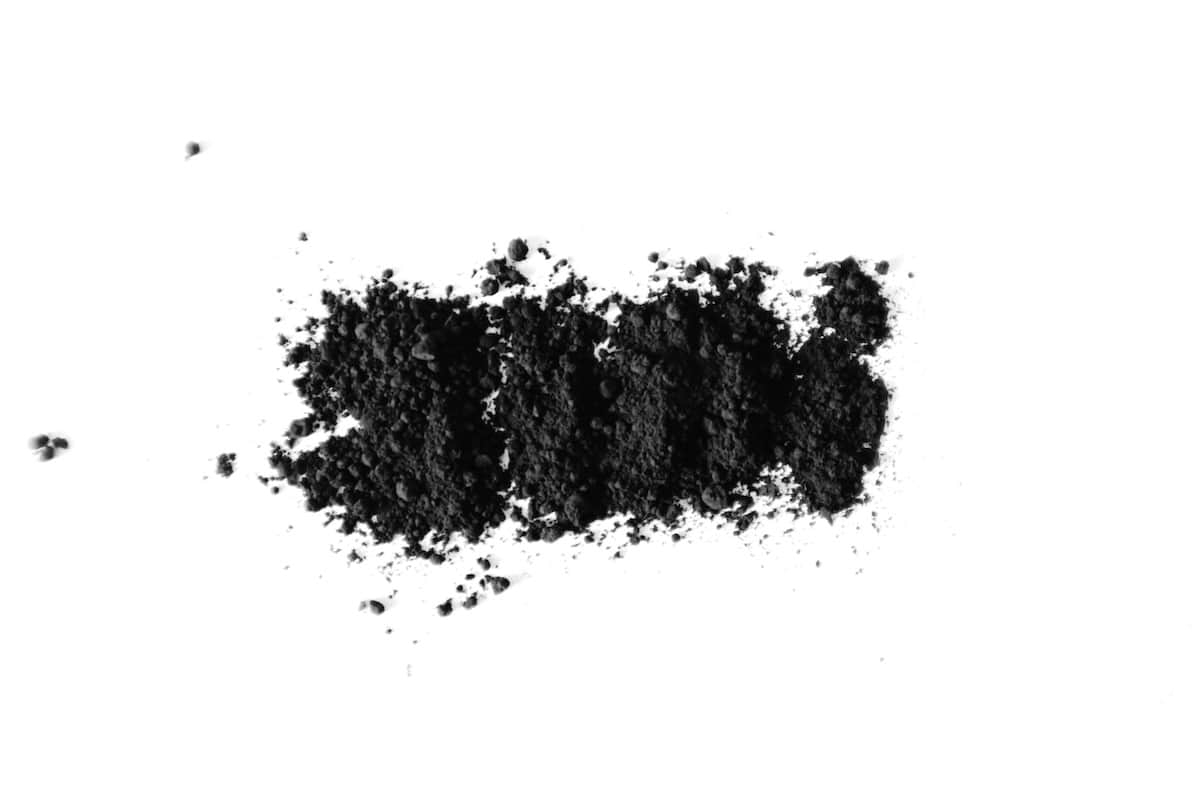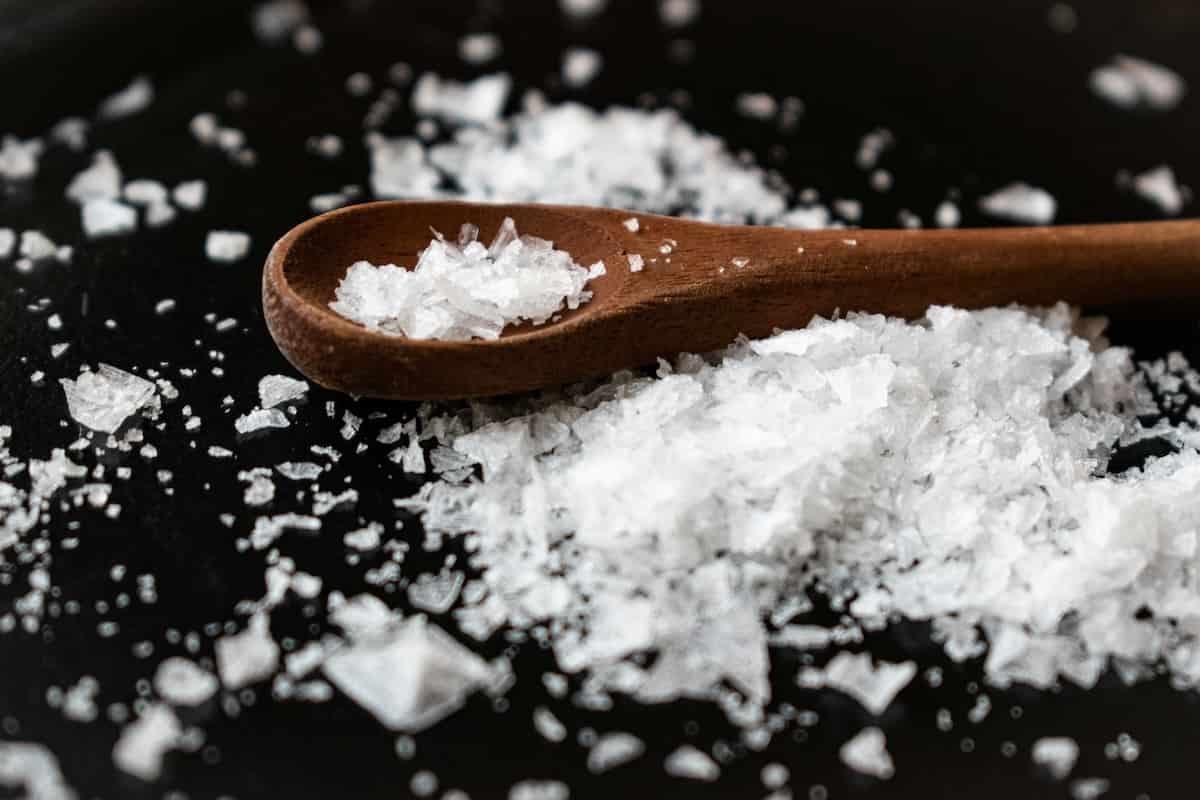Last update: January 21, 2025
7 minute read
What are Electrolytes?
Discover electrolytes' vital role in muscle function, hydration, and pH balance. Learn to replenish them naturally through a balanced diet, avoiding sugary sports drinks.

By Derick Rodriguez, Associate Editor
Edited by Dr. Dimitar Marinov, MD, RDN, PhD

What are electrolytes, and why are they super important? Electrolytes, including sodium, calcium, and potassium, are essential minerals your body needs for key functions. They regulate muscle contractions, help balance pH levels, control nervous system function, and, most importantly, keep you hydrated.
Key takeaways
- Electrolytes like sodium, calcium, and potassium are vital for muscle function, hydration, nerve function, and pH balance
- Electrolytes are primarily lost through sweat, urine, vomiting, and diarrhea
- While sports drinks can provide electrolytes, they often have too much sugar
Why are electrolytes important?
Electrolytes regulate muscle contractions and keep you hydrated. This means they're like your body's own personal DJ, keeping the rhythm of your heartbeat, the flex of your biceps, and even the wink of your eye in perfect sync.
But they aren't just about muscle moves. Electrolytes also help balance your pH levels. Just like Goldilocks in the fairy tale, your body likes things "just right" when it comes to acidity and alkalinity.
Too much of either can cause a whole lot of havoc. Picture a science experiment gone wrong, and you've got the right idea! Another cool gig electrolytes have is controlling nervous system function.
They're like the broadband of your body, ensuring that messages from your brain get to where they need to go in record time. So, they're essential for your ability to do just about everything from busting a move on the dance floor to binging your favorite Netflix show.

What are the signs of low electrolyte levels?
Now, you might be thinking, "So what happens if I don't have enough of these mighty minerals? " Let's dive in.
- Physical signs: First off, some physical symptoms might creep up. Look out for things like fatigue, headaches, nausea, and muscle cramps. So, if you're feeling like walking, talking Monday morning even though you've been getting plenty of rest, you might want to check your electrolyte levels. And, if you've been working out in the great outdoors and you're suddenly cramping up like a Hollywood diva, it might be more than just a bad day.
- Changes in body function: Next up, pay attention to any changes in your body's regular functions. Blood pressure changes, low energy, and generally not feeling well could all be your body's SOS for more electrolytes. It's like when your phone battery is running low, and everything starts to slow down – not fun.
- Heatstroke and Heat Exhaustion: A more severe sign of low electrolytes is heatstroke or heat exhaustion. Ever felt like a roasted marshmallow after a long hike in the sun? That could be a warning sign that your water and electrolyte stores are going down the drain. It's always a good idea to read up on the symptoms of these conditions before your next outdoor adventure.
VitaRx Tip
It's always a good idea to read up on the symptoms of these conditions before your next outdoor adventure.
How do you lose electrolytes?
Alright, you know how crucial electrolytes are, but how do you lose them in the first place? Picture this: You've just crushed a spin class or hiked up a challenging trail.
You're sweating like a contestant on a reality cooking show under the glare of studio lights. Spoiler alert - you mostly lose electrolytes through sweat and urine.
Sweat it out
When you get your heart rate up and the sweat starts to flow, your body is sending electrolytes off on a one-way trip. Erika Der Sarkissian explains this is the primary way you lose electrolytes.
You know that salty taste when a droplet of sweat sneaks past your sweatband and onto your lips? That's the taste of electrolytes saying, "catch ya on the flip side!"
Bathroom breaks
Besides sweat, frequent bathroom breaks are another escape route for these essential minerals. And this doesn't just apply to hardcore athletes.
Everyone loses electrolytes when they hit the loo. So, even on your rest days, your electrolytes are taking their leave through your urine.
Illness and upsets
Lastly, if you've got a bad case of the flu or food poisoning (ugh, we feel ya), you're likely losing even more electrolytes through vomiting and diarrhea. It's an unfortunate fact, but when your body's playing host to a nasty bug, your electrolytes can end up going down the drain – quite literally.

Get your personalized vitamin recommendations in less than 3 minutes.
Get your personalized vitamin recommendations in less than 3 minutes.

How do you get electrolytes in your body?
So, how do you restock these oh-so-important minerals? We’ve got you covered.
A balanced diet
For most people, a nutritious diet should provide all the electrolytes your body needs. Eating healthy, whole foods is the key to maintaining optimal electrolyte levels. If your meals are as colorful as a contestant's outfit on RuPaul's Drag Race, you're probably on the right track.
Beware of sports drinks
Many folks reach for sports drinks to replenish their electrolytes. But while they do contain electrolytes, these drinks often have too much sugar and not enough electrolytes to really balance things out. A better option might be water or even an electrolyte tablet if you're really burning up a sweat.
Post-workout
For those hardcore gym rats or long-distance runners, keep an eye out for white chalk on your workout gear after a sweat session. That's a sign you might be losing a lot of salt and might benefit from an electrolyte-replacement drink. Remember, when it comes to electrolytes, it's all about balance!
Dos and don'ts of electrolytes
Drinking electrolytes helps your body stay hydrated and balanced, but you need to know how to do it right. Learn what you should and shouldn't do when taking electrolytes to keep yourself healthy. Here are the important rules to follow for getting electrolytes and staying away from problems.
Do’s
Eat a balanced diet
Drink plenty of water
Consider electrolyte tablets after intense workouts
Don’ts
Over-rely on sports drinks
Ignore signs of electrolyte loss
Overdo it with salt intake
Electrolyte content in common food and drinks
Here's a data table that compares the electrolyte content in some everyday foods and drinks. It gives you a clear idea about where you can get your daily dose of essential electrolytes and how much of each you're getting. Remember, these values are approximate and can vary based on different factors like brand and preparation methods.
Foods/Drinks | Sodium (mg) | Potassium (mg) | Calcium (mg) |
|---|---|---|---|
Banana | 1 | 422 | 6 |
Spinach (1 cup) | 24 | 167 | 30 |
Almond milk (1 cup) | 115 | 180 | 451 |
Avocado (1 medium) | 11 | 975 | 24 |
Sports drink (500 ml) | 150 | 60 | 15 |
Caption: Approximate Electrolyte Content in Common Foods and Drinks. Source: USDA National Nutrient Database.
VitaRx Tip
Remember, these values are approximate and can vary based on different factors like brand and preparation methods.
Advantages and disadvantages of consuming electrolytes
Navigating the world of electrolytes can seem like balancing on a tightrope. Let's weigh the pros and cons of managing electrolytes in your body to help you maintain that all-important balance.
Frequently asked questions (FAQ)
We've covered a lot about electrolytes today, but there are still a few questions that commonly pop up. Let's dive into some of those now.
Final thoughts
Wow, we've had quite an electrifying discussion about electrolytes! As a friendly reminder, don't chase after that sports drink every time you break a little sweat. Remember that hydration isn't a sprint; it's a marathon, and natural sources of electrolytes often outperform artificial ones.
Sources and references
Editor

Derick Rodriguez
Derick Rodriguez focuses on editing health and wellness-related content. With over half a decade of experience in the digital realm, Derick has developed a unique skill set that bridges the gap between complex health concepts and accessible, user-friendly communication. His approach is deeply rooted in leveraging personal experiences and insights to illuminate the nuances of health and wellness topics, making them more approachable and empowering readers with knowledge and confidence.
Fact checker

Dr. Dimitar Marinov
Dr. Marinov has years of experience in scientific research and preventive and clinical medicine. His publications in peer-reviewed journals are on nutritional status, physical activity, and musculoskeletal disorders among adolescents.
At VitaRx, we're not just passionate about our work — we take immense pride in it. Our dedicated team of writers diligently follows strict editorial standards, ensuring that every piece of content we publish is accurate, current, and highly valuable. We don't just strive for quality; we aim for excellence.
Related posts
While you're at it, here are some other relevant articles you might be interested in.

Get your personalized vitamin recommendations in less than
5 minutes.
Get your personalized vitamin recommendations in less than
5 minutes.






